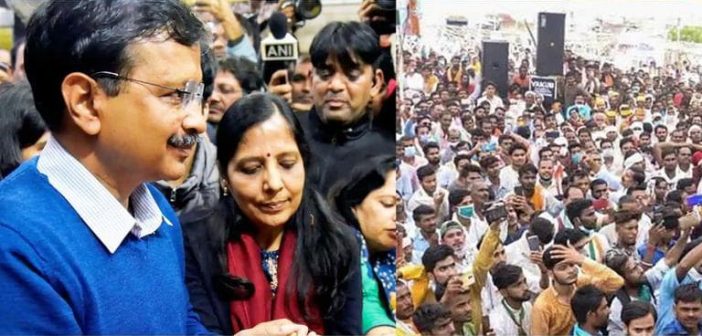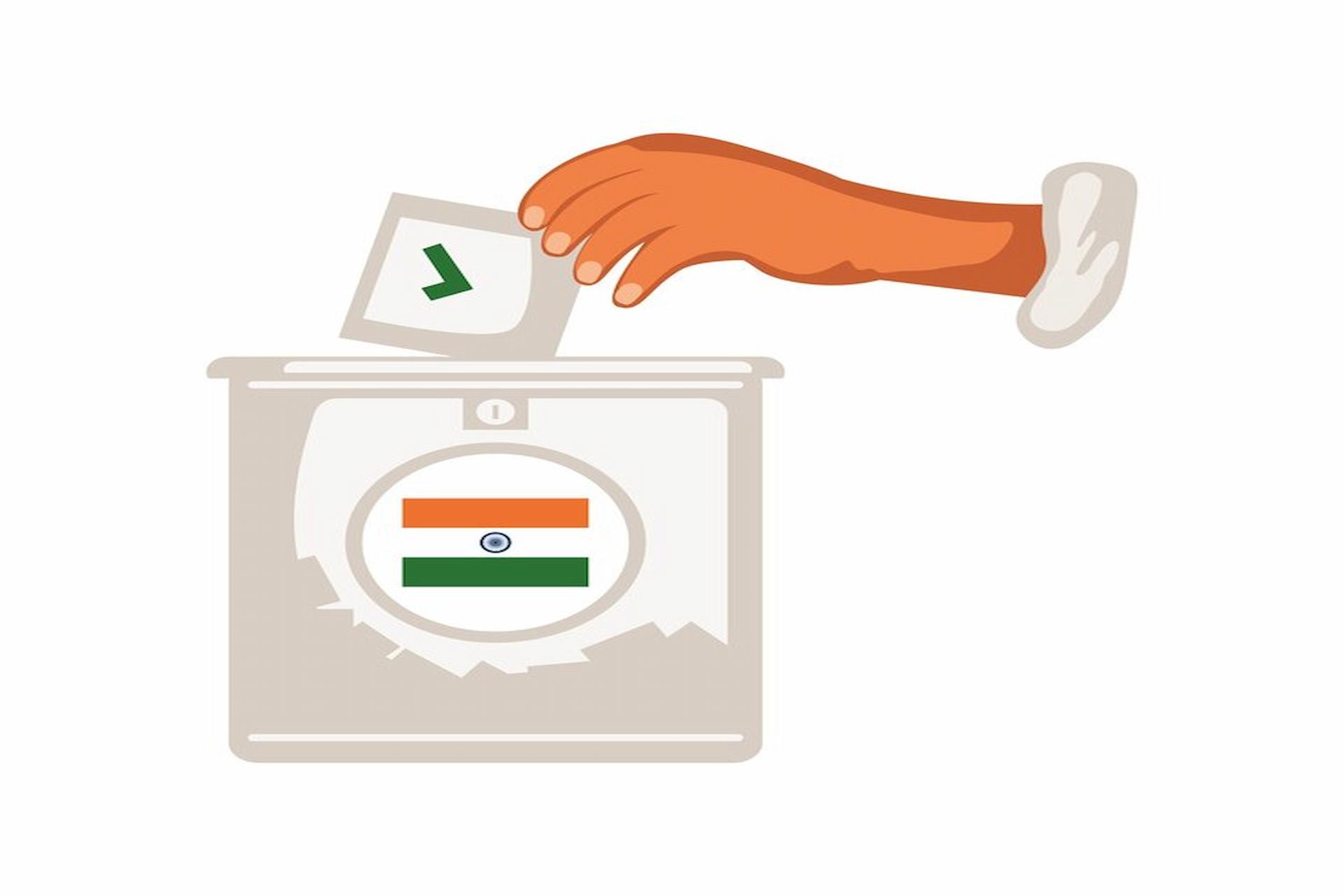Assembly elections in Madhya Pradesh are 15 months away, but if there is one takeaway from the recent urban local body polls for both the ruling BJP and Opposition Congress.
The Aam Aadmi Party (AAP) and All India Majlis-e-Ittehadul Muslimeen (AIMIM) emerged as new players in the state’s politics.
AAP and AIMIM made a splash in the elections to 413 urban local bodies in the state. Their rise has coincided with the marginalisation of the Samajwadi Party (SP) and Bahujan Samaj Party (BSP). Not really urban players, the SP and BSP are nonetheless prominent third front parties in MP.
AAP won one of the ‘Big 16’ battles—the Singrauli mayoral contest—and its candidates emerged victorious in 40 councillor seats. The wins were registered in municipal corporations, municipalities and nagar parishads (three-tier urban administration system). AAP secured 6.3 per cent of the votes in seats where it had put up candidates. The party’s candidates came third in the Rewa, Ujjain and Gwalior municipal corporations. In Gwalior, the AAP candidate secured around 46,000 votes.
The AIMIM, which had fielded 51 candidates, won seven councillor seats. The party had also fielded mayoral candidates in Khandwa and Burhanpur.
Going by conventional wisdom, AAP would snatch votes from the BJP, while the AIMIM has the potential to hurt the Congress since it’s assumed that Muslims would vote for the Congress in straight contests with the BJP.




